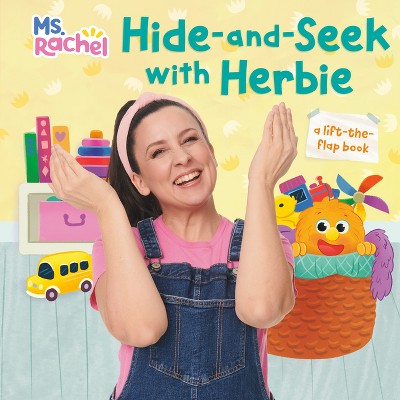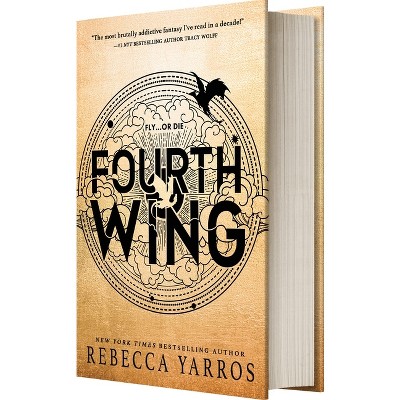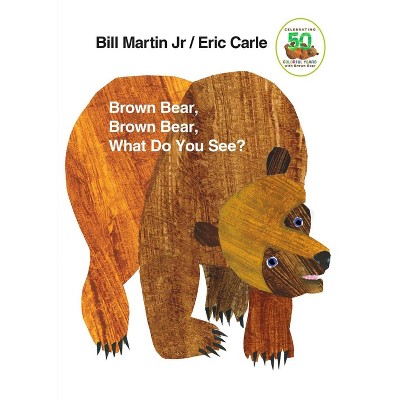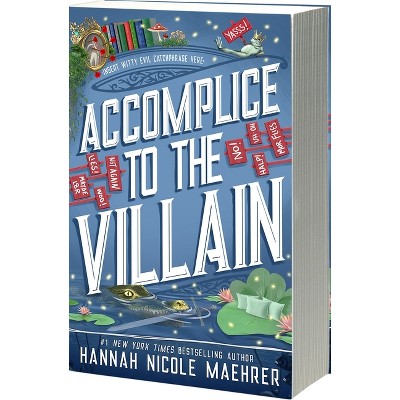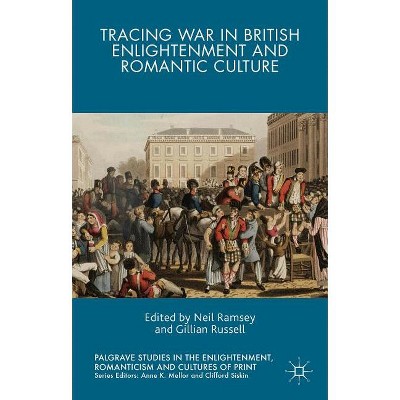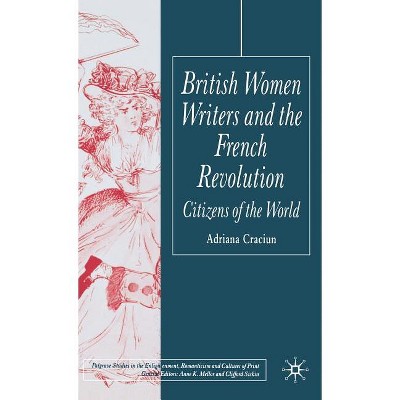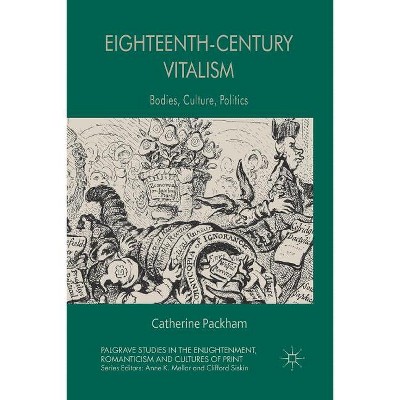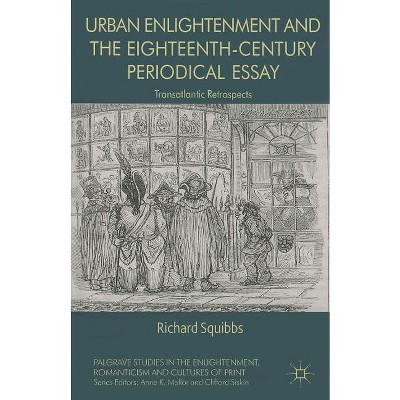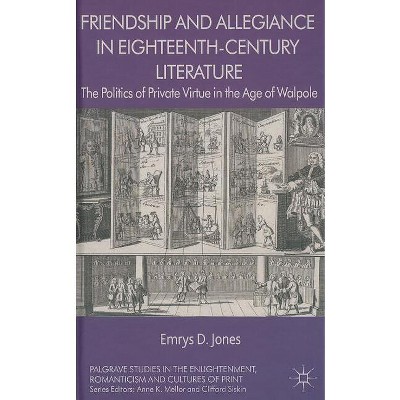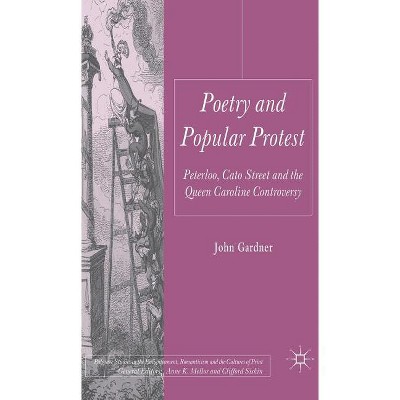The Ecology of British Romantic Conservatism, 1790-1837 - (Palgrave Studies in the Enlightenment, Romanticism and Cultu) by Katey Castellano

About this item
Highlights
- Analyzing Romantic conservative critiques of modernity found in literature, philosophy, natural history, and agricultural periodicals, this book finds a common theme in the 'intergenerational imagination.'
- About the Author: Katey Castellano is Associate Professor of English at James Madison University in Virginia, USA.
- 219 Pages
- Literary Criticism, European
- Series Name: Palgrave Studies in the Enlightenment, Romanticism and Cultu
Description
About the Book
"Analyzing Romantic conservative critiques of modernity found in literature, philosophy, natural history, and agricultural periodicals, this book finds a common theme in the 'intergenerational imagination.' The conservative intergenerational imagination cultivates a counter-narrative to the optimistic telos of progress and the punctual, liberal individual by contending that current generations receive land and culture as a gift from previous generations, and that the current generation bears the responsibility to preserve that gift for future generations. First locating the intergenerational imagination in Burke's Reflections and Wordsworth's epitaphic poetry, which chronicle the consequences of modernity and plead for intergenerational continuity in land use, the book then explores regionalist texts of the Romantic period, including Thomas Bewick's natural histories, Maria Edgeworth's Irish tales, William Cobbett's agricultural periodicals, and John Clare's poetry. "--Book Synopsis
Analyzing Romantic conservative critiques of modernity found in literature, philosophy, natural history, and agricultural periodicals, this book finds a common theme in the 'intergenerational imagination.' This impels an environmental ethic in which obligations to past and future generations shape decisions about inherited culture and land.Review Quotes
"Castellano makes an important and original contribution to the growing number of environmental readings of the Romantic period. Her argument has the potential to reshape and even redefine the terms of the discussion, forcing readers to rethink easy assumptions about the political orientations of poets such as William Wordsworth and John Clare and offering new insights into artists such as Thomas Bewick and Maria Edgeworth. Her provocative and well-researched analysis is one that future scholars will be forced to reckon with." - Bridget M. Keegan, Creighton University, USA
About the Author
Katey Castellano is Associate Professor of English at James Madison University in Virginia, USA. She is the author of articles published in SubStance, Partial Answers, Romanticism on the Net, and Papers on Language and Literature. Currently, she is working on a book about Romantic period commons.
Shipping details
Return details
Trending Fiction


